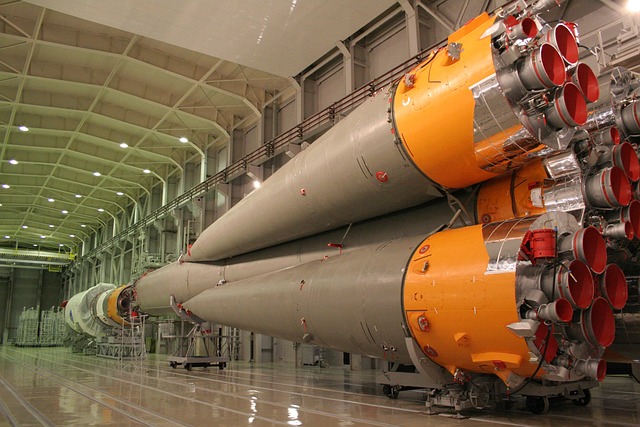The recent announcement by North Korea regarding its upcoming satellite launch dates has sparked apprehension and raised the potential for tensions, particularly with Japan. As Japan assesses the situation, there are indications that “destructive measures” may be considered as a response to this provocative move. This article delves into the unfolding dynamics and explores the possible ramifications of this development.
North Korea’s intentions with the satellite launch have drawn attention and concern from neighboring countries and the international community. While North Korea claims that the launch is for peaceful purposes, including scientific research and satellite communication, there are widespread suspicions that it may serve as a guise for advancing their ballistic missile capabilities.
Among the countries most affected by this development is Japan, which is located within range of North Korea’s missiles. The announcement has triggered a cautious response from Japanese officials, who are closely monitoring the situation and assessing potential threats to their national security. Japan has historically been vigilant regarding North Korea’s missile and nuclear ambitions, given the country’s history of provocative actions and regional tensions.
In response to North Korea’s satellite launch dates, there have been discussions within Japan’s government about the potential need for “destructive measures.” While the exact nature of these measures remains unspecified, they could involve enhanced defense capabilities, diplomatic responses, or even economic sanctions. The objective would be to deter North Korea from pursuing actions that pose a threat to regional stability.
It is important to note that tensions between Japan and North Korea have been ongoing for years due to the latter’s missile tests and nuclear activities. Previous missile launches and nuclear tests by North Korea have heightened security concerns in Japan, leading to increased defense spending and strengthened alliances with other countries, notably the United States.
The international response to North Korea’s satellite launch plans is also critical in shaping the dynamics of the situation. Discussions among relevant parties, including the United Nations Security Council, aim to address the potential security risks posed by North Korea’s actions. Coordination between countries in the region, such as Japan, South Korea, and the United States, is crucial to maintain stability and discourage any escalation.
While the exact outcomes and ramifications of North Korea’s satellite launch remain uncertain, it is imperative to find a delicate balance between addressing security concerns and promoting dialogue. Escalation and further tensions could have far-reaching consequences, including destabilizing the region and hampering diplomatic efforts to address North Korea’s nuclear program.
In conclusion, North Korea’s announcement of satellite launch dates has triggered concerns and raised tensions, particularly with Japan. As Japan evaluates the situation, the possibility of “destructive measures” looms as a potential response. Finding a path forward that maintains security while encouraging dialogue is crucial. Continued diplomatic efforts, cooperation among regional partners, and international engagement will play key roles in addressing the challenges posed by North Korea’s actions and fostering peace and stability in the region.












